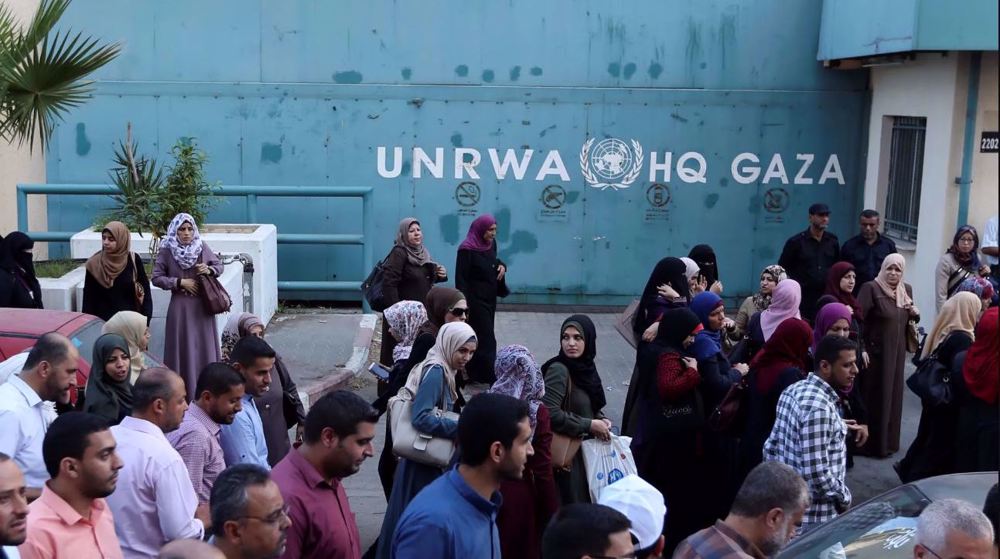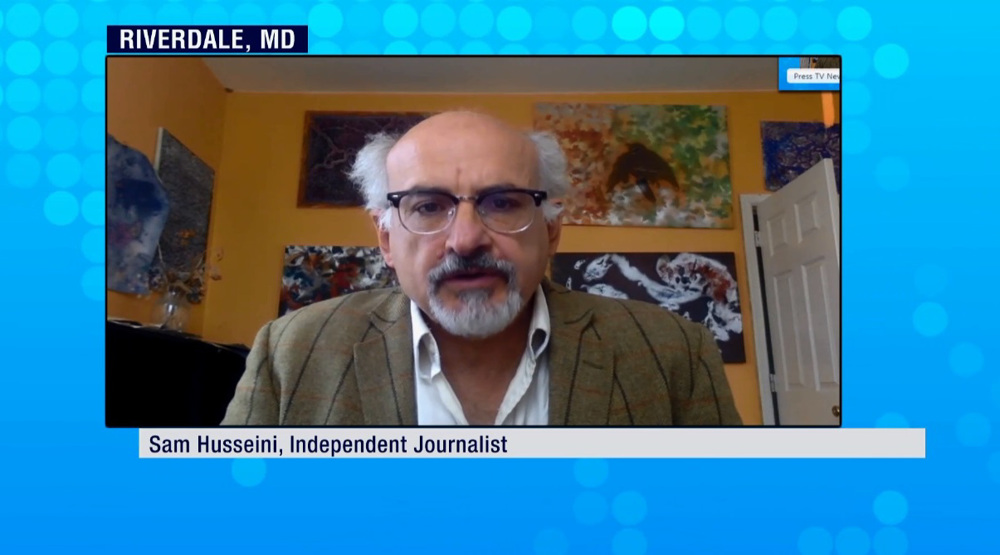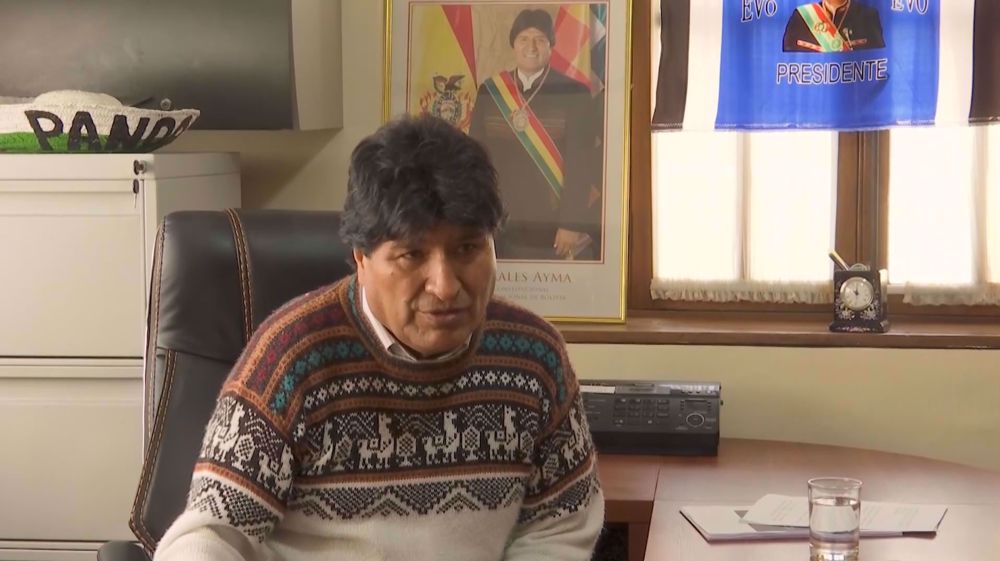West does not want Muslim nations to unite: Academic
Press TV has conducted an interview with Mohammad Hassan Khani, a professor at Imam Sadiq University in Tehran, to discuss the remarks made by Leader of the Islamic Revolution Ayatollah Seyyed Ali Khamenei warning that enemies of Islam are pursuing plots to sow discord among Muslim nations.
The following is a rough transcription of the interview.
Press TV: Please elaborate on these recent comments made by Leader of Iran’s Islamic Revolution Ayatollah Khamenei.
Khani: Well, during the past 30 years, I mean the post-revolutionary Iran, it has been basic policy of Iran to follow the path of unity among the Muslim nations and the logic behind this is very clear.
In contemporary international system, there are alliances and coalitions in different parts of the world - those who are gathered over somehow what I call a common interest. We had the same thing for Europe for example, EU, the cornerstone of the EU is the defining of common interest, in Latin America, in East Asia and in here in our region in the Middle East, which the majority of the nations are Muslims, it could be a very, very important issue. So if somehow they agree and try to unite themselves and to take a policy of harmony and unity to bring together these nations, and unfortunately that has not been the policy by some certain countries, and apparently and naturally this is not what the West and the United States actually would like to see because they are following their own interest.
So in short, what I am trying to say is the fact that, logically, if these nations across the globe, I mean the Muslim nations and specifically in the Middle East, they try to follow that path and they can somehow overcome their power, too, all of their problems from poverty and economy to conflict and security and political issues, that is the cure. That is maybe the only cure for these people across the globe when it comes to somehow trying to find a common ground and unite themselves in one front.
Press TV: Professor Khani, Ayatollah Khamenei also alluded to the Islamic Awakening. He believes that the awakening will not be stopped and that its impact will be manifested. Give us your thoughts on those comments about the lasting effects of the Islamic Awakening in the Middle East region and North Africa.
Khani: Well, what we witnessed in the past few years - especially in the past three or two years - has been the fact that Muslim nations tried to somehow identify themselves when it comes to their Islamic and Muslim identity. Maybe we are somehow witnessing a derailing of this movement but the important fact is that the nations across the globe and especially those nations in this region, in which we have been witnessing the Islamic Awakening or Arab Spring or whatever you want to call it, they will not abandon their motives and their goals and I think this is again very natural to assume that Islamic identity is one of the most important factors for these nations when it comes to defining themselves in international system and to some level in the regional systems.
AHK/HJL
Columbia, Yale students bent on ending US support for Israeli genocide
VIDEO | Genocide in Gaza
Iran calls on BRICS to play role in stopping Israeli crimes
President Raeisi’s historic visit opens new chapter in Iran-Pakistan ties
Russia: Poland’s talks on hosting US nuclear weapons ‘dangerous’
VIDEO | Israel’s genocide bounty
India’s home minister vows to end Muslim reservation if his party wins
UN expert calls for arms, oil embargo against Israel









 This makes it easy to access the Press TV website
This makes it easy to access the Press TV website